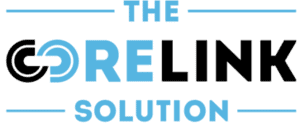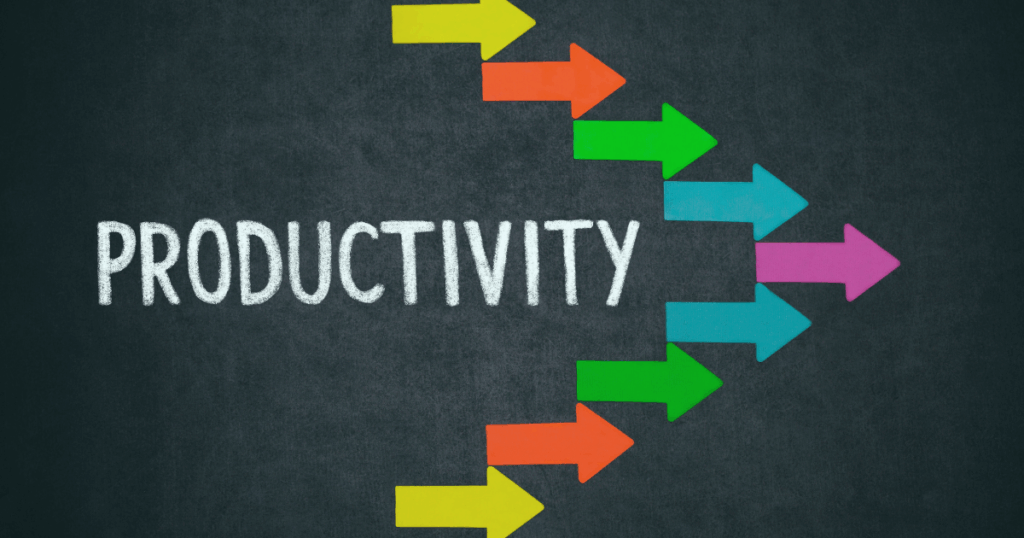Help: AI Wants My Job! The 2 Skills You Need To Stop It From Happening
Are you among the many Americans who fear AI will replace you at work?
Over the decades, AI has developed to such an extent that its advancements have thrilled yet scared many industries.
With businesses incorporating AI technologies into their operations, fear of losing our jobs to machines is a clear and present danger, with generative AI automating 60% to 70% of employee workloads and affecting 80% of the US workforce.
The question becomes, how long will it be before AI comes knocking at your cubicle? And what, if anything, can you do to keep yourself from falling victim to the advancement of technology?
Although the prospects may seem daunting, business experts have given us reason to hope in this AI-powered future. So take a seat and buckle up as we jump into the very near future to show you how you can come out on top.
The Reality of AI in the Workplace

AI is no longer a futuristic concept; it’s already here, transforming workplaces across the globe. According to an AWS report, 92% of U.S. organizations are planning on using AI-powered solutions by 2028, with generative AI tools getting to be common in the workplace within five years. AI is applied to the replacement of monotonous work, the making of decisions better, and obtaining great productivity overall.
From finance to health care, AI is streamlining operations, enabling businesses to accomplish more with less. Through implementation, some job roles will vanish, but other more strategic and creative opportunities will open—those only humans can do. This points to a way that AI augmentation expands human ability and creates new job opportunities that were otherwise absent with the same amount of human resources.
Despite the fear instilled within it, it is still worth considering that AI is a tool proposed to help and not destroy the human workforce. Although artificial intelligence can handle repetitive tasks, it cannot replace the creativity, empathy, and critical thinking brought by the human mind. Instead of seeing AI as a competitor, employees should see it as a force multiplier that will help them do much more.
How do I stop AI from taking my job?
In 2023, The Harvard Business Review conducted a study in which they interviewed industry leaders and CEOs regarding their strategies for implementing AI, and the result was surprising. Rather than focus on technology, they are investing in developing these two skills in their employees, which is what you need if you want to stay relevant in this AI world:
- Interpersonal skills– those which include essential conflict resolution, communication, emotional intelligence, and problem-solving. The power of building human relationships and creatively solving problems is one of the most sought-after skills in the job market today and one that is lacking the most! Although AI can reduce workload, it cannot effectively engage and lead others to commit to a common goal while navigating the context and intricacies of daily problems.
- Domain expertise, or specialized knowledge in your field, is another skill that AI cannot replicate. AI is limited by historical data and cannot adapt to a rapidly changing global business environment. It is the human experience that can leverage AI as a tool to make better decisions, correct any inaccuracies, and pass on this knowledge to the next generation.
While the use of AI is inevitable, companies need employees who can communicate and lead effectively in order to make the most out of their workforce and the experience to avoid the technology pushing the company in the wrong direction. Although expertise comes with time that you may not have, there is hope in developing those interpersonal skills while you wait.
Addressing the Fear: AI and Job Security

It’s quite natural for employees to worry about job security in the face of AI. The American Psychological Association’s 2023 Work in America Survey shows that 4 out of 10 U.S. Workers (38%) are worried AI may make some or all their jobs obsolete. If you find yourself in that percentage, Robert Half International has created list of places where you can start to upskill your AI knowledge to prepare you for changes in your workplace if and when they should arrive:
- Coursera
- Udacity
- edX
- DeepLearning.AI
- MIT Professional Education
- NVIDIA Deep Learning Institute
- Simplilearn
- Fraunhofer Big Data and Artificial Intelligence
- European Information Technologies Certification Academy
Taking courses from any of these institutions will help dispel some of the fear that comes with the arrival of new technologies, and help you to better understand how you can use AI as tools to help you excel in your field. Being mentally prepared to use AI will lessen your work stress and enable you to adapt quicker to changes that come with its implementation.
The Role of The Employer
While you show initiative by taking some of these courses, companies have a significant role in educating employees while adapting new technologies. Since AI is an ever-evolving tool, you should expect continuous education to be part of any role that includes it. Some of these may include:
- Participation in workshops and boot camps
- Collaborative learning in the form of team projects
- Mentorship programs
- And hands-on learning and problem-solving opportunities
If a continuous learning strategy is not announced while implementing new AI tools, bring it up with your supervisor to ensure you and your team have a better chance of success. Continuous education is not just a tool for workplace advancement; it also benefits the organization.
Equip Yourself
The rise of AI is here, but it doesn’t have to be feared.
By taking the initiative to develop the skills employers are looking for, and acquainting yourself with the tools of the future, you are shifting your perspective to view AI as a tool rather than a threat- positioning yourself for success in this new era.
Equipped with new found knowledge you can exploit the opportunities presented by AI to amplify your skills and leverage your experience to the benefit your career and your organization.
With sufficient preparedness, the workforce can survive and thrive in an AI-addled world. The future of work is not about AI versus humans; but humans using AI to achieve a better tomorrow for us all.
If this article has inspired you, please subscribe to our newsletter to be alerted when the next piece is released. You can also support the continued creation of this content by making a tax-deductible donation.




